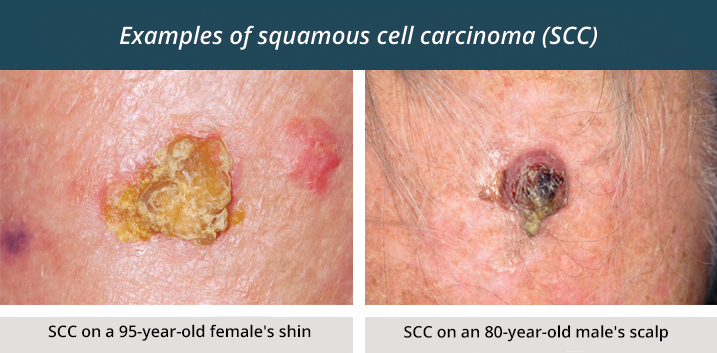Same day appointments are available

One of the most critical aspects of skincare is protecting your skin from the harmful effects of the sun, including the risk of skin cancer. In this comprehensive guide, we will explore the different types of skin cancer, the associated risks, and most importantly, how to prevent it. Let’s dive in.

Melanoma
Although less common than BCC and SCC, melanoma is the most deadly form of skin cancer. It typically starts as a new, unusual mole or a change in an existing mole’s size, shape, or color. Early detection is crucial for successful treatment.

Several factors can increase your risk of developing skin cancer:
Preventing skin cancer is a priority, and you can take steps to protect your skin:
Skin cancer is a serious health concern, but by taking proactive steps to protect your skin and practicing regular self-exams, you can reduce your risk and catch any potential issues early. At The Skin People, we are dedicated to your skin’s health and beauty, You will be able to find the perfect treatment and consultation and we encourage you to prioritize skin cancer prevention as an essential part of your skincare routine. Remember, healthy skin is beautiful skin!